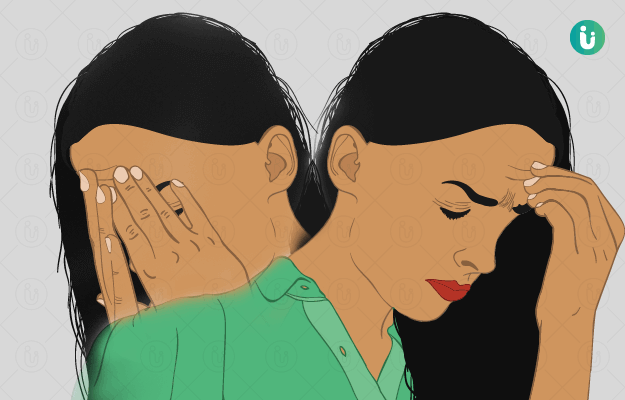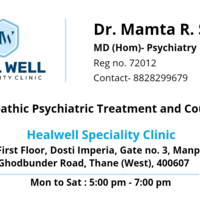Summary
Schizophrenia is a condition about which little is known, much is feared, and a lot is misunderstood. It is a mental condition which distorts a person’s perception and his/her concept of reality. Schizophrenia is a severe health problem given its implications and the lowered life expectancy of people suffering from it. The symptoms of schizophrenia include delusions, hallucinations, disorganised behaviour and poor social interactions. Studies are still being conducted to find the exact causes of schizophrenia. A family history of the disease places a person at a high risk. Treatment includes medication and prolonged therapy, along with a continued reinforcement and support from friends and family. However, sometimes complications may arise during pregnancy. Managing schizophrenia often involves community involvement that enables people recovering from schizophrenia to live productive and fulfilling lives. Since the chances of relapse are relatively high, enabling more positive interactions, keeping away from drugs and smoking, and enabling provisions for vocational support helps them live independently and responsibly.

 Doctors for Schizophrenia
Doctors for Schizophrenia  OTC Medicines for Schizophrenia
OTC Medicines for Schizophrenia
 Schizophrenia articles
Schizophrenia articles

 Ayurvedic Treatment of Schizophrenia
Ayurvedic Treatment of Schizophrenia
 Diet for Schizophrenia
Diet for Schizophrenia
 Homeopathic Treatment of Schizophrenia
Homeopathic Treatment of Schizophrenia




































 Dt. Akanksha Mishra
Dt. Akanksha Mishra

 Dr. Rachita Narsaria
Dr. Rachita Narsaria

 Dr. Laxmidutta Shukla
Dr. Laxmidutta Shukla











